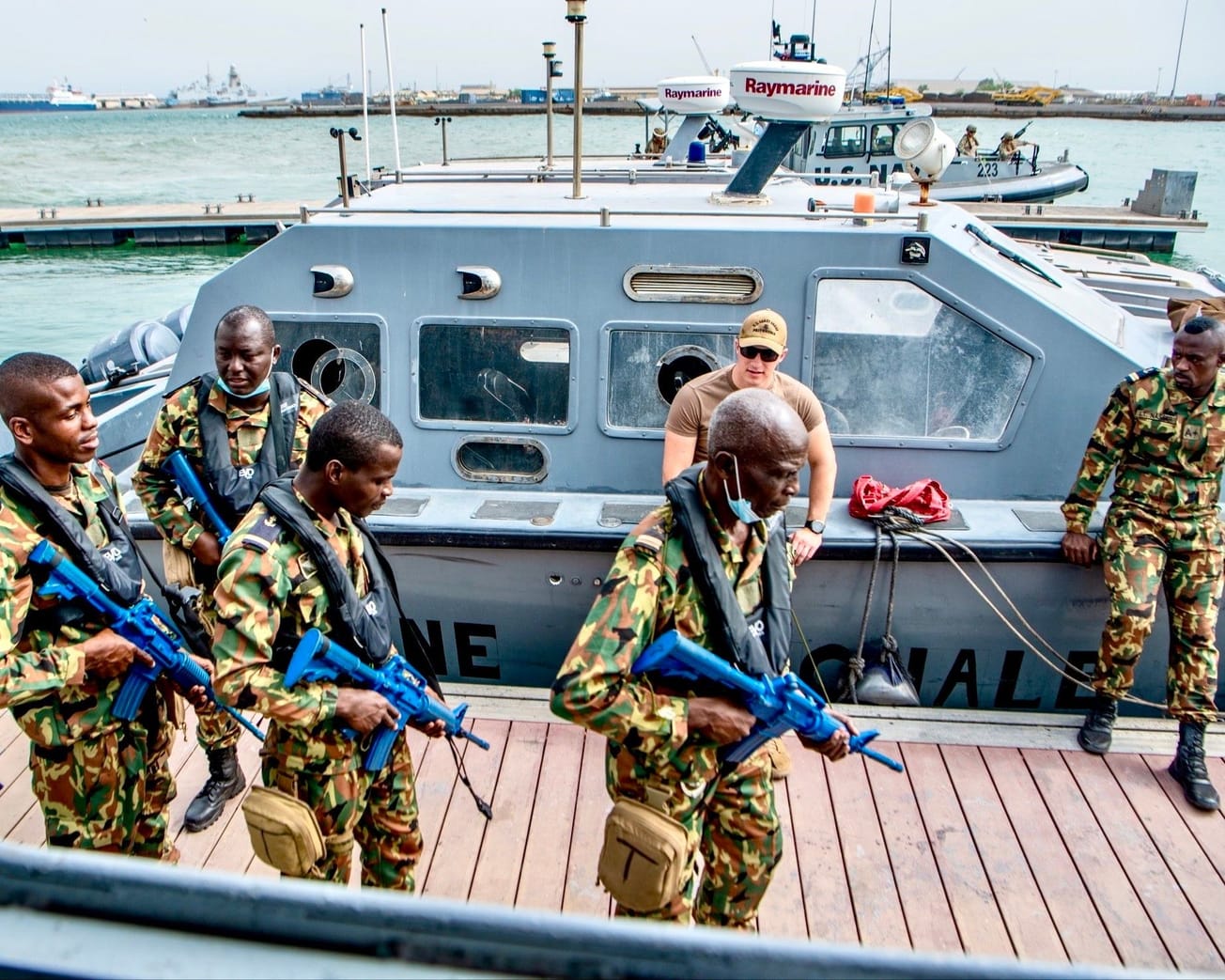Mozambique's President Filipe Nyusi appealed for greater international cooperation to fight terrorism, particularly in Africa where he described the crisis-hit Sahel region as "a new epicenter of terrorist attacks."
At a high-level U.N. Security Council debate on Tuesday, Nyusi emphasized the "over-indebtedness" of poor and developing nations such as those in the Sahel extending across Africa between the Atlantic and Indian oceans.









